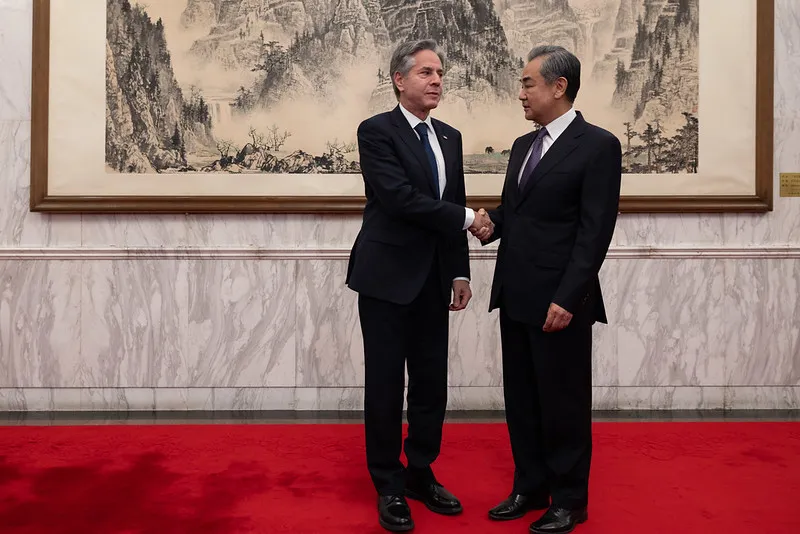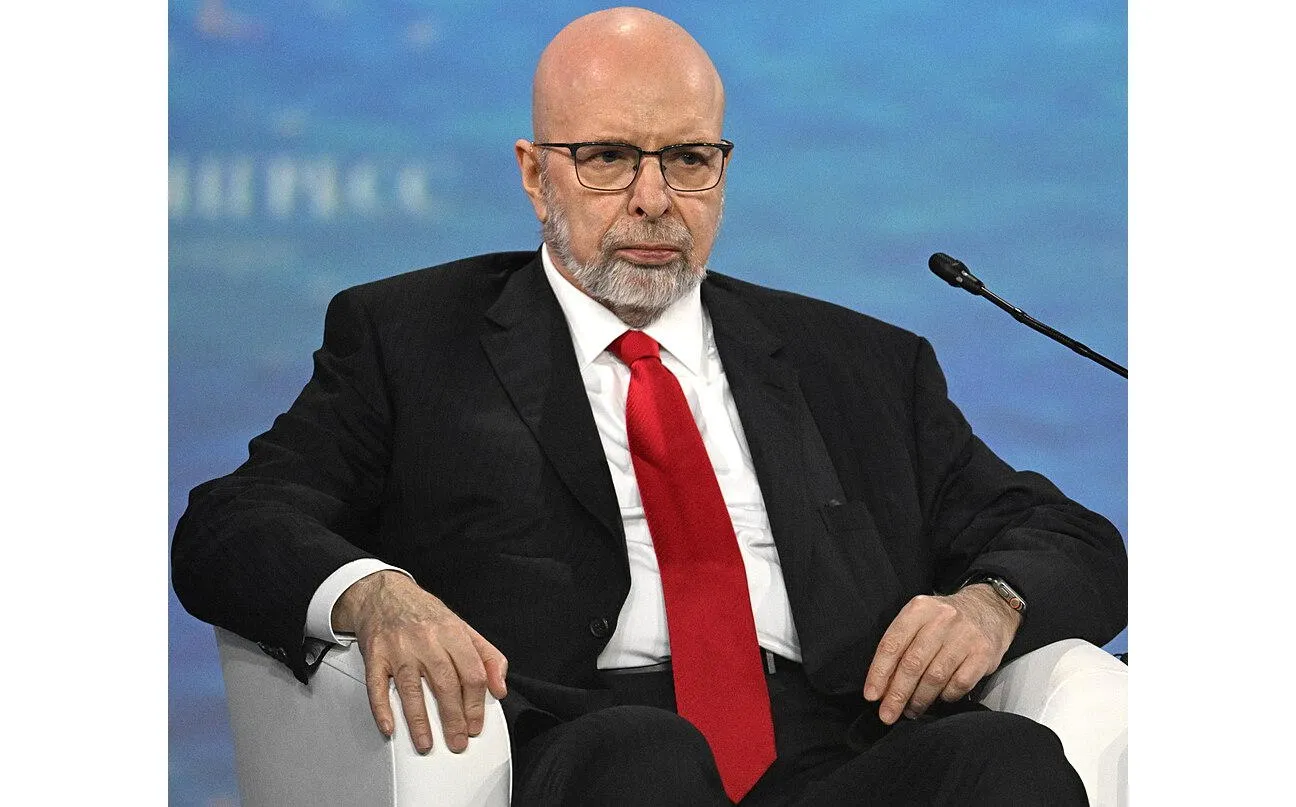The Chinese government said this week that it has suspended arms control and nuclear nonproliferation talks with Washington over U.S. arms sales to Taiwan. “Over the past weeks and months, despite China’s firm opposition and repeated protest, the U.S. has continued to sell arms to Taiwan and done things that severely undermine China’s core interests and the mutual trust between China and the U.S.,” Chinese Foreign Ministry spokesman Lin Jian told reporters on July 17, during his regular press briefing. “This has seriously compromised the political atmosphere for continuing the arms control consultations. Consequently, the Chinese side has decided to hold off discussion with the U.S. on a new round of consultations on arms control and non-proliferation. The responsibility fully lies with the U.S.”
Lin added that “China stands ready to maintain communication with the U.S. on international arms control in line with the principles of mutual respect, peaceful coexistence and win-win cooperation, but the U.S. must respect China’s core interests and create necessary conditions for dialogue and exchange.”
U.S. State Department spokesman Matthew Miller called the Chinese decision “unfortunate” and claimed that “China has chosen to follow Russia’s lead in asserting that engagement on arms control can’t proceed when there are other challenges in the bilateral relationship.” Not surprisingly, Miller didn’t even consider the possibility that the U.S. might have caused the “challenges” in the relationship.
“We think this approach undermines strategic stability. It increases the risk of arms race dynamics,” Miller continued. “We have made efforts to bolster the defense of our allies and partners in the Indo-Pacific, and we will continue to make those efforts in the face of Chinese threats to their security. I would say—it’s—unfortunately by suspending these consultations, China has chosen not to pursue efforts that would manage strategic risks and prevent costly arms races—arms races. But we, the United States, will remain open to developing and implementing concrete risk-reduction measures with China; however, it requires a P.R.C. willing to also manage strategic risks.”




